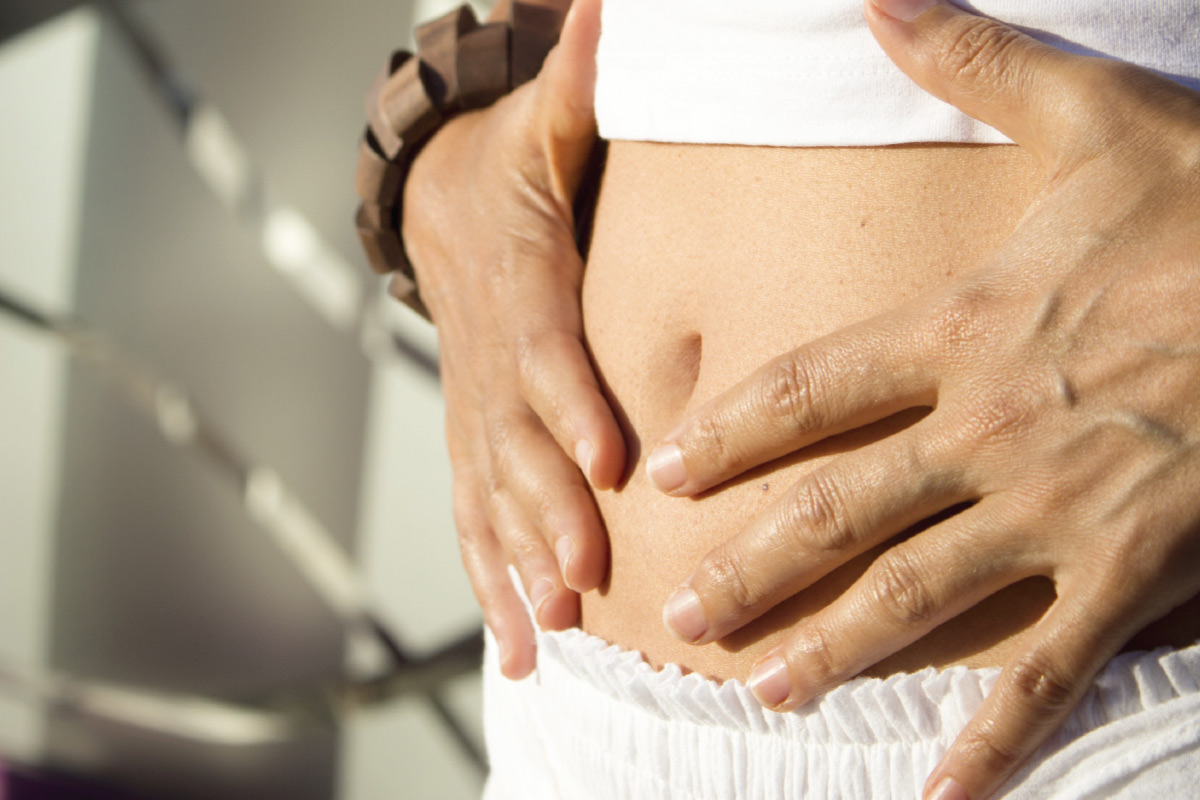Advertisement
Ask the Experts
Natural strategies for cancer recovery

Advertisement
Q: I’ve heard that many people feel tired during cancer, its treatment, and for some time afterward. Are there any strategies that might help?
A: Sleep, rest, and relaxation are all vitally important during the healing process. As your body directs its energies toward healing, it may be beneficial to slow down your busy schedule and conserve energy. Listen to your body and honour its need for rest.
Here are some ways to create a healthy, restful sleep.
Routine
- Create a consistent daily routine to help support your body’s natural rhythms.
- Try to wake up, go to bed, eat meals, and exercise around the same time every day.
Exercise
- Daily exercise helps promote restful sleep.
- Avoid stimulating exercise within two hours of bedtime.
- Try gentle yoga or belly breathing in the evening rather than aerobic activities.
Nutrition
- Finish eating within three hours of bedtime and avoid carbohydrate-heavy dinners.
- Limit caffeine and alcohol consumption.
Melatonin
- Exposure to daylight stimulates the production of melatonin, a natural sleep hormone.
- Aim to go to bed by 10 pm to get the greatest benefits from the
- You may choose to talk to your doctor about appropriate use of melatonin supplements.
Sleep hygiene
- Stop working and avoid use of electronics within one hour of bedtime.
- Use your bedroom for relaxing activities only—keep your TV and computer in a different place.
- Sleep in a dark, quiet, cool room; you may want to try using an eye mask and ear plugs or a white-noise machine.
- Invest in a good quality mattress and comfortable bedding.
Relaxation techniques
- To create an optimal recovery program, we recommend that you find relaxation techniques that work for you.
Religious or spiritual practices, muscle relaxation, journalling, meditation, yoga, qigong, and therapeutic touch are some of the many options.





